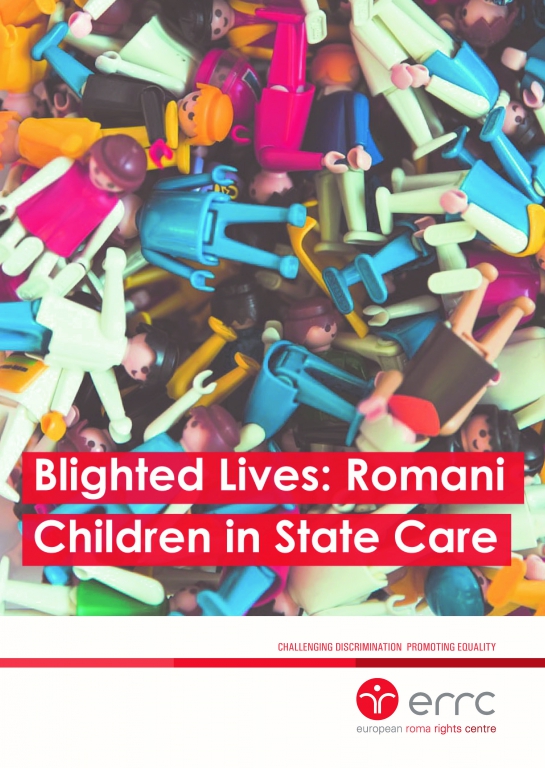Submission to the European Committee against Racism and Intolerance (ECRI) on France (June 2021)
02 June 2021
Written comments by the European Roma Rights Centre concerning France to the European Committee against Racism and Intolerance (ECRI), for their 6th monitoring cycle in June 2021 (postponed from 2020).
Submission to the Special Rapporteur on the Right to Adequate Housing, to the General Assembly in 2021 and to the Human Rights Council in 2021 (April 2021)
10 May 2021
Submission by the European Roma Rights Centre, to the Special Rapporteur on the Right to Adequate Housing, to the General Assembly in 2021 and to the Human Rights Council in 2021.
Joint Submission to UN HRC on Hungary (March 2021)
30 March 2021
Joint submission by the European Roma Rights Centre and Rosa Parks Foundation, concerning Hungary to the Human Rights Council, Third Universal Periodic Review Cycle, for consideration at the 39th Session (October-November 2021).
ERRC Submission to UN CRC on Albania (March 2021)
01 March 2021
Written Comments by the European Roma Rights Centre, concerning Albania for Consideration by the Committee on the Rights of the Child at the pre-sessional Working Group of the 89th session (07 June - 11 June 2021)
ERRC Submission to UN CRC on Bulgaria (February 2021)
23 February 2021
Written Comments by the European Roma Rights Centre, concerning Bulgaria for Consideration by the Committee on the Rights of the Child at the pre-sessional Working Group of the 89th session (07 June - 11 June 2021)
Blighted Lives: Romani Children in State Care
02 February 2021
This five-country wide round of research into the situation of Romani children in state care marks the latest in a decade-long series of interventions by the European Roma Rights Centre. The research covers four EU Member States: Bulgaria, the Czech Republic, Romania, and Slovakia, as well as neighbouring Moldova. This research shows that across the surveyed countries, and despite denials concerning ethnically disaggregated data, the evidence leaves little doubt that a disproportionate number of Romani children still end up in institutionalised state care.
ERRC submission to UN CAT on the Czech Republic (January 2021)
22 January 2021
Written Comments of the European Roma Rights Centre concerning the Czech Republic for consideration by the United Nations Committee Against Torture, at the Pressessional Working Group of the 70th Session (26th April to 21st May 2021).





